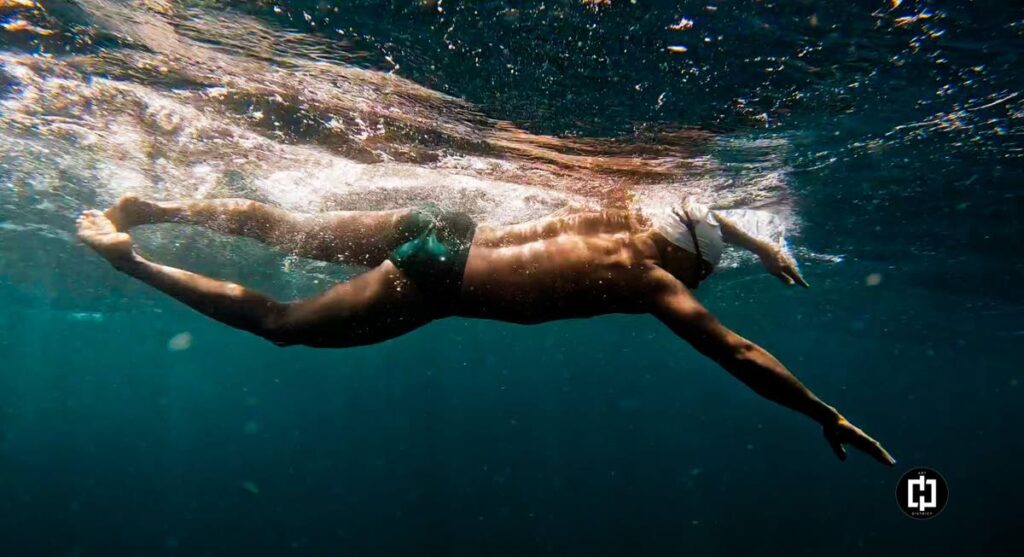Across the sea

WHEN JOHN Procope, 48, made landfall at Sans Souci on the night of October 3, it was the end of a journey that began, in a sense, two decades before. Around that time, he first became enthralled with the idea of swimming between Tobago and Trinidad.
If crossing that span of sea – at least 35 kilometres in a straight line – involved high levels of endurance and required sophisticated logistical support, it would also require resilience. It would take Mr Procope three attempts over several years.
When he entered the water in Scarborough on October 2, there was no guarantee he would achieve his dream. A whopping 24 hours later, he declared triumph in Trinidad.
At a time when contemporary life seems more sedentary than ever, when we are endlessly preoccupied with social media, when things like artificial intelligence and other advances in technology are taking us deeper and deeper into the digital realm, there was something defiantly old-fashioned about Mr Procope’s project of pushing the capabilities of the human body.
It is ironic that a portion of his progress was “streamed” live on Facebook, at one point attracting thousands of viewers. (Mr Procope himself avoids social media.) When Raymond La Croix made a similar crossing in the 1990s, the world was a completely different place; there was no live documentation.
Open-water swimmers are often motivated by different things. Politician Watson Duke attempted the same swim in 2017 as part of a protest highlighting problems with the inter-island ferry service. American Diana Nyad, who swam from Cuba to Florida in 2013, said she wanted to prove to other 60-year-olds that it is never too late to follow your dreams.
Mr Procope said he drew inspiration from the legend of an 18th-century enslaved man, Sandy, who escaped capture after a rebellion and made the swim to escape Tobago, going on to live freely in Trinidad. To imagine what must have been required for such a figure to achieve such a feat is to imagine the ability of the human spirit to persevere against the greatest of odds.
But long swims in the sea also bring swimmers face to face with the splendours and dangers of nature. Dolphins and even a pilot fish were among the creatures that reportedly accompanied Mr Procope, who never left the water upon entering it in Scarborough and who committed to avoiding holding on to his support boat for assistance while swimming, staying afloat, or resting in the water.
These kinds of actions invite reflection on the vulnerability of the human body and the need for greater harmony with the environment at a time of climate catastrophe, in which seas are hotter and weather is increasingly nightmarish.

Comments
"Across the sea"